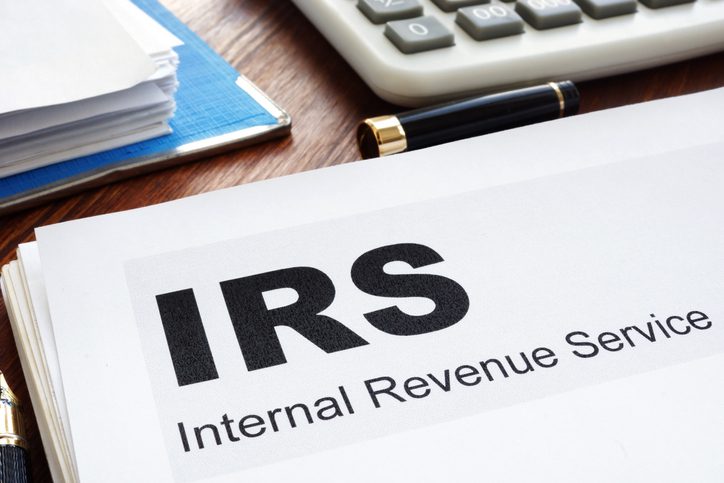If you have received a letter from the IRS offering to settle tax issues related to your micro-captive insurance arrangement, the experienced tax attorneys at Wiggam Law can help you evaluate your options and represent you in dealings with the IRS.
Micro-captive insurance arrangements first appeared on the IRS’s Dirty Dozen list of tax scams in 2014. Ever since then the agency has been pursuing taxpayers engaged in these transactions. In 2019, the IRS began offering time-limited settlements to taxpayers who were under audit for participation in micro-captive schemes and did so again late last year.
What is a Captive Insurance Company?
Captive insurance companies are often set up as an alternative to self-insurance. The individuals who own the captive insurance company also often own the entities that the captive insures. Companies of all sizes have been setting up captive insurance subsidiaries for years. The IRS’s concern arises from smaller insurers that it perceives have illegally benefited from certain agency rules excluding premiums from taxable income.
How Are Captive Insurance Companies Taxed?
Micro-captive insurers are smaller and based on their size can elect under IRS section 831(b) to only pay taxes on investment income. In 2021, if premiums received are less than $2.4 million, the micro-captive does not have to pay tax on its underwriting income. Since those who control the micro-captive insurer are also the ones who write the premium checks, the IRS has expressed concerns about whether these transactions are truly independent and at arm’s length.
The IRS has alleged that in some micro-captive arrangements promoters, or others who help to set up the entity, persuade owners to participate in schemes that lack the attributes of true insurance. In Notice 2016-66, the IRS identified certain micro-captive insurance transactions as being set up to take advantage of section 831(b) and avoid or evade tax payments.
The agency is also concerned with micro-captive insurers that were formed offshore and have elected under section 953(d) of the revenue code to be taxed as a domestic corporation. The IRS is actively pursuing retroactive revocation of the 953(d) election against many micro-captive insurers.
What is the IRS Settlement Program?
The IRS first offered limited-time settlements in 2019 to about 200 taxpayers who were under audit for participation in what the agency considered abusive micro-captive insurance schemes. At the time, the IRS said the settlements would require “substantial concession of the income tax benefits claimed by the taxpayer” and include appropriate penalties. These penalties could, however, be mitigated if the taxpayer was able to show good faith reliance on an independent advisor.
In October 2020, the agency announced a second settlement initiative shortly after proclaiming it had deployed 12 examination teams dedicated to micro-captive arrangements. The IRS noted that the second settlement program would contain stricter terms and also be available for a limited time only.
Following a string of victories over taxpayers who did not settle and chose to litigate their cases in court, the IRS this spring urged participants in abusive micro-captive arrangements to exit them as soon as possible. The agency reminded taxpayers of stepped-up examination efforts in this area and vowed to disallow tax benefits from arrangements that were found abusive.
If you are under examination by the IRS for a micro-captive insurance arrangement, it’s best to act quickly and hire an experienced tax attorney as soon as possible. At Wiggam Law, our team of experienced tax lawyers can help you evaluate all your options and represent you. Give us a call today at (404) 233-9800 to get started.

